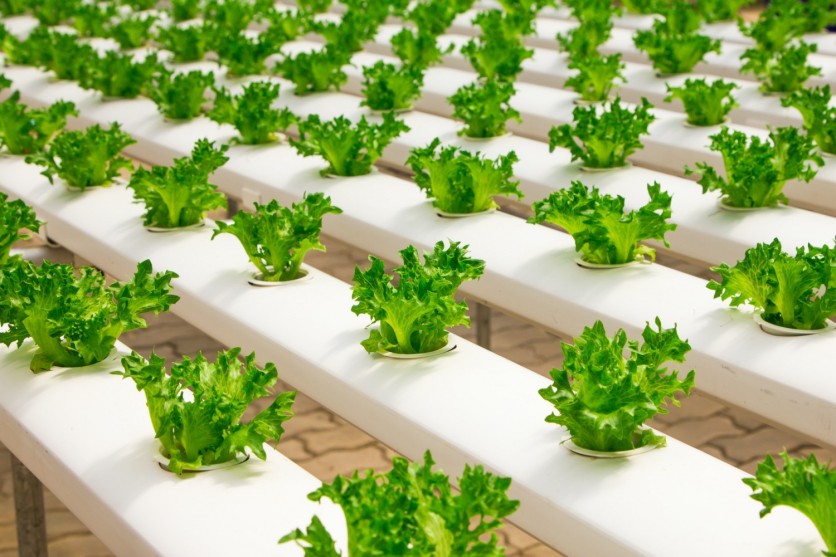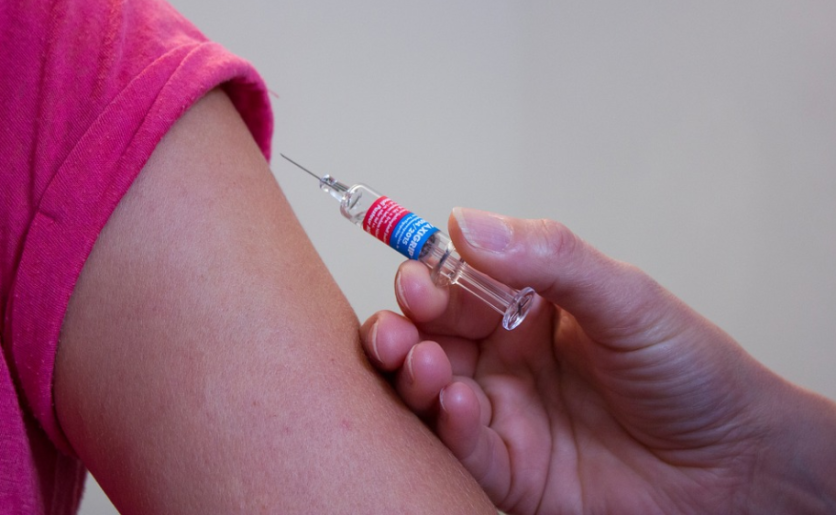Edible Vaccines may soon be coming, as researchers from the University of California Riverside have focused on studying getting mRNA components to plants. Pfizer and Moderna's model of mRNA technology that has been put in COVID-19 vaccines was the inspiration for this, and yes, it would be these plants that would be eaten to get the immunization.
Edible Vaccine

According to the University of California-Riverside, research within the university has been granted a budget of $500,000 for it to progress and proceed to test the plants better. UC Riverside dubs this as "growing one's vaccine," especially as it aims to put the immunization to plants that people can eat and get the components that the body needs.
The focus of the research is mRNA or messenger ribonucleic acids, something which has been a popular component in recent times, as it has been experimental to COVID vaccines. The goal is to turn edible plants into "vaccine factories" with mRNA as its main component and not the traditional adenovirus for the immunity shots.
Lead researcher and associate professor Juan Pablo Giraldo said that a single plant is enough to bring the mRNA enough to give the person that ate it protection from certain diseases. It would be focused on lettuce, a plant known to be edible and is mostly used on salads.
The project is innovative and has great applications if ever it pushes through or successfully debuts its edible vaccine goals.
Pfizer, Moderna's mRNA
Despite being experimental, the mRNA has shown a promising effect on humans, especially on the immunity which they receive from said vaccines. This has been popularized by two pharmaceutical companies, which are also the two pioneers of the COVID-19 vaccine that rolled out in late 2020.

Pfizer and BioNTech, alongside Moderna's immunization shot, are two of the highest regarded shots against the virus and the most effective against most variants, including the Delta and Lambda versions.
Would Edible Plants, Herbs Change Vaccine Hesitancy?
Herbal components of medicines have been a massive thing in the early 2010s, especially as people think that it would be more effective for them. This may be something that would help vaccine hesitancy, especially as people believe that herbal medicines are better for them than the traditional "processed" or chemical ones.
Eating a salad has not harmed anyone yet, apart from the occasional choking on the plant when it did not get chewed properly. However, vaccines have been safe since their administration when it was first discovered. Moreover, this would change the notion of a vaccine, as medicinal herbs are popular in the country.
The first venture of the edible plants would focus on COVID-19, particularly because it is the first focus of the mRNA vaccines that have been debuted now and are widely used throughout the world.
Related Article : mRNAs Are The Future of Vaccines After Pfizer, Moderna's Success Against COVID-HIV, Cancers Next-in-Line
This article is owned by Tech Times
Written by Isaiah Richard

![Apple Watch Series 10 [GPS 42mm]](https://d.techtimes.com/en/full/453899/apple-watch-series-10-gps-42mm.jpg?w=184&h=103&f=9fb3c2ea2db928c663d1d2eadbcb3e52)


